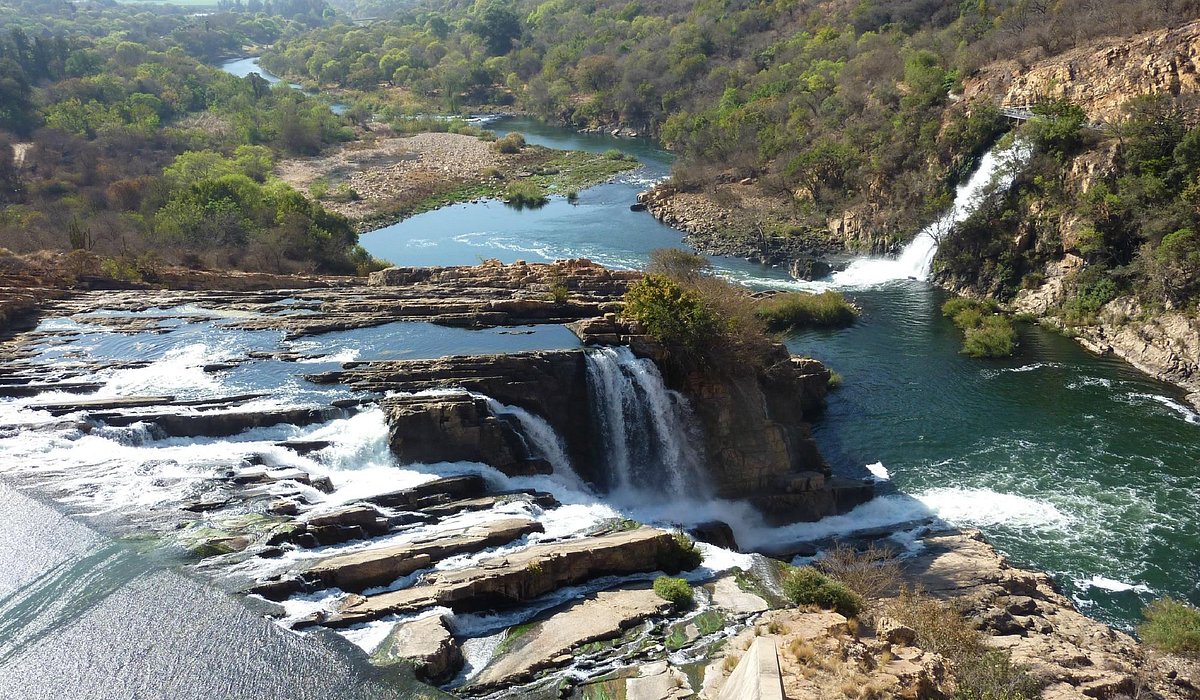What Does Johannesburg North Attractions Mean?
What Does Johannesburg North Attractions Mean?
Blog Article
The Johannesburg North Attractions PDFs
Table of ContentsSome Ideas on Johannesburg North Attractions You Need To KnowThe Single Strategy To Use For Johannesburg North AttractionsThe 5-Second Trick For Johannesburg North AttractionsSee This Report on Johannesburg North AttractionsThe Single Strategy To Use For Johannesburg North AttractionsThe Only Guide to Johannesburg North AttractionsThe Main Principles Of Johannesburg North Attractions
Nonetheless you must maintain protection in mind and travelers should continue to be alert in all times when in unfamiliar surroundings. Talk with the locals when you are in town to learn about the area you are remaining in. Johannesburg North attractions. When on the road (this doesn't relate to shopping malls and various other protected environments) best general advice is to attempt your finest to look like a neighborhood and to prevent displaying any type of kind of riches
Some Known Details About Johannesburg North Attractions
Teacher Revil Mason O. J. (Thomson, 1946) checked out the Witwatersrand's pre-colonial background. His archaeological work took off the 'em pty land' misconception, according to which the area was lacking human habitation before the arrival of European inhabitants. In his publications Prehistory of the Transvaal: A Record of Human Task (1962) and Beginnings of Black Individuals of Johannesburg and the Southern Western Central Transvaal Advertisement 3501880 (1986 ), Professor Mason showed the degree of social and economic growth in the area before Europeans set foot here.

Excitement About Johannesburg North Attractions
He acted with the government's authorization, provided after he had actually testified keep his discoveries key. In 1874, small mining operations were begun in the Magaliesberg, where an Australian, Henry Lewis, had found gold deposits. In 1878, David Wardrop found gold in quartz capillaries at Zwartkop, north of Krugersdorp. In 1881, Stephanus Minnaar discovered gold on the farm Kromdraai, near the Cradle of Mankind.
In March 1886, an outcropping (soon to be called the Key Coral reef) was found, rather luckily, on Gerhardus Oosthuizen's farm Langlaagte. Some state that the Lancastrian coal miner George Pedestrian uncovered this reef. One more itinerant English miner, George Harrison (that had formerly operated in Australian mines) obtained a prospecting permit in respect of Langlaagte in May 1886.
He made a decision to move on in a pursuit for greener fields, and disposed of his Langlaagte claim for the baronial amount of 10. Alas: below lay the wealthiest goldfield ever before found. The exploration of this rich auriferous coral reef prompted a gold thrill that indicated completion of agrarian tranquillity in the southerly Transvaal.
It would, within 6 years, end up being the largest community in southern Africa. Within a decade, it would make the Z. A. R. up until then an anarchical and bankrupt little state the wealthiest nation in Africa. By the millenium, the Z. A. R. was to exceed Russia, Australia and the USA of America to become the globe's leading gold producer, generating more than a quarter of the click to find out more globe's gold.
Johannesburg North Attractions for Beginners
It was called Ferreira's Camp, named after Colonel Ignatius Ferreira. He was a Boer traveler upon whom the British authorities had presented the status of Friend of one of the most Identified Order of St Michael and St George (qualifying him to the post-nominal letters C. M. G.) in gratefulness for his function in the war that had deposed the Pedi king Sekhukhune in 1879.
2 various other camps were established: Meyer's Camp on the ranch Doornfontein, and Paarl Camp. The latter was nicknamed Afrikander Camp; numerous people from the Cape Nest settled there.

The Of Johannesburg North Attractions
This name gained currency by word of mouth, such that the State Secretary attested the name to the Mining Commissioner on 9 October 1886. Stands in the village were auctioned on 8 December 1886. While some stands were cost 10, others were torn down for just sixpence.
Two years later on, these erven were to alter hands for as long as 750 each. The tented camps diminished as a dorp of corrugated iron buildings established and broadened north of the mines situated along the Key Reef Roadway. Areas such as Jeppe's Town (where working-class immigrants erected their houses) and Doornfontein (where the upscale new 'Randlords' began to create their luxurious houses) were quickly contributed to the ever-expanding map of the town.
See This Report about Johannesburg North Attractions
Besides the road names, there were no indicators of Johannesburg being located in a Dutch-speaking country. Several years later on, C. W. Kearns O. J. (among the initial children registered at St John's College in 1898) would certainly remember: 'An unusual reality concerning Johannesburg was that, although it was in the [Boer Republic], nearly everybody spoke English and even the Government slaves attended to one in English, unless they were very first attended to in the Taal (or Reduced Dutch)'.
Britain had a rate of interest in guaranteeing Extra resources optimal problems for gold manufacturing on the Witwatersrand, and that the gold was exported to London rather than Berlin a critical rendered all the extra clamant by the Z. A. R.'s raising toenadering with Germany. Mine proprietors were on a crash program with Head of state Kruger, whose policy of monopolistic concessions (typically approved to his cronies) prevented mining firms from procuring supplies of materials (particularly dynamite) and work on their very own, cheaper terms
Some Known Details About Johannesburg North Attractions
In 1890, the Volksraad had actually limited the franchise to white men that had resided in the Z. A. R. for fourteen years or longer, hence disqualifying a lot of the immigrants (who occurred to be the major factors to the fiscus). Anxiety for the vote was a plain pretext for promoting a various schedule; the majority of uitlanders concerned themselves as short-term site visitors and had no intent of continuing to be in the Z.
Report this page